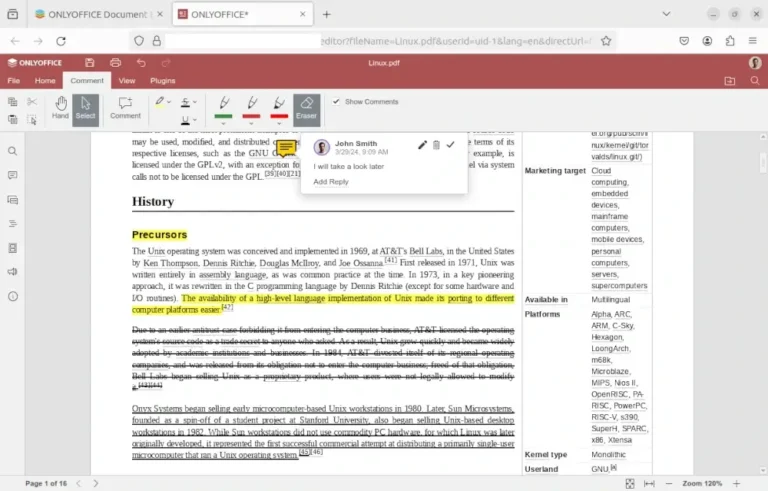Nic Laflin – nLighteneddevelopment.com nicxvan
John Picozzi – epam.com johnpicozzi
James Sansbury – tugboatqa.com q0rban Martin Anderson-Clutz – mandclu.com mandclu
Topics
- Celebrating 20 Years with Drupal
- Introduction to Tugboat
- Comparing Tugboat with Other Solutions
- Tugboat’s Unique Advantages
- Standardizing Workflows with Tugboat
- Handling Hosting and Development Delays
- Troubleshooting and Knowledge Transfer
- Client Base and Use Cases
- Agency Partnerships and Payment Structures
- Unique and Interesting Use Cases
- Challenges and Limitations of Tugboat
- Setting Up and Onboarding with Tugboat
- The Tugboat Origin Story
- Compliance and Security Considerations
Resources
Hosts
For show notes visit:
https://www.talkingDrupal.com/521
MOTW
Correspondent
Today we are talking about Tugboat, What it does, and how it can super charge your ci/cd process with guest James Sansbury. We’ll also cover ShURLy as our module of the week.
- Brief description:
- Have you ever wanted to use Drupal as a URL shortening service? There’s a module for that.
- Module name/project name:
- Brief history
- How old: created in Aug 2010 by Jeff Robbins (jjeff) though recent releases are by João Ventura (jcnventura) of Portugal
- Versions available: 8.x-1.0-beta4 which supports Drupal 9.3, 10, and 11
- Maintainership
- Minimally maintained, maintenance fixes only. Also, the project page says that the 8.x branch is not ready for production use. So a big caveat emptor if you decide to try it
- Number of open issues: 18 open issues, 5 of which are bugs against the current branch
- Usage stats:
- Module features and usage
- With the ShURLly module installed, you can specify a long URL you want shortened, optionally also providing a case-sensitive short URL you want to use. If none is provided a short URL will be automatically generated
- The module provides usage data for the short URLs, and and a user you can see a list the ones you’ve created as well as their click data
- I was a little surprised to see that created short URLs are stored in a custom db table instead of as entities, but the module is able to avoid a full bootstrap of Drupal before issuing the intended redirects
- The module provides blocks for creating short URLs, a bookmarklet to save a short URL, and URL history. There is also Views integration for listing the short URLs, by user or in whatever way will be useful in your site
- There is also a submodule to provide web services for generating short URLs, or potentially expand a short URL back into its long form. The services support output as text, JSON, JSONP, XML, or PHP serialized array
- The module allows provides a variety of permissions to allow fine-grained access to the capabilities it provides, and also has features like per-role rate limiting, APIs to alter redirection logic, and support for the Google Safe Browsing API, and Google Analytics
- It’s worth mentioned that ShURLy is intended to run in a site on its own instead of within a Drupal site that is also serving content directly, but it will attempt to avoid collisions with existing site paths
- Today’s guest, James, is one of the maintainers of ShURLy, but Nic, you mentioned before the show that you have a customer using this module. What can you tell us about the customer’s use case and your experience working with ShURLy?






